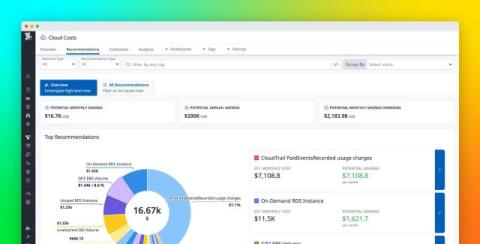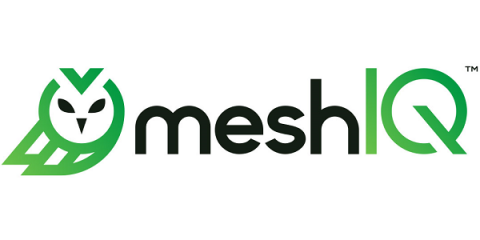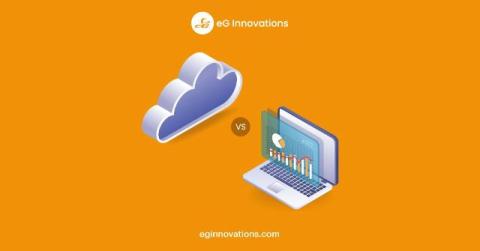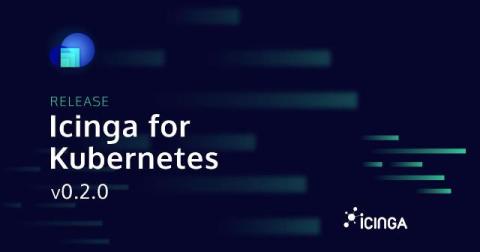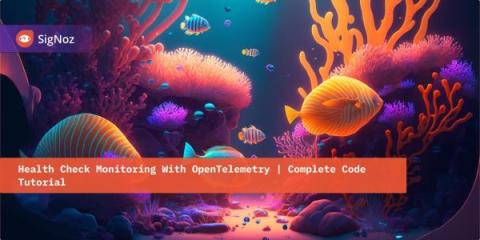Operator vs. Helm: Finding the best fit for your Kubernetes applications
Kubernetes operators and Helm charts are both tools used for deploying and managing applications within Kubernetes clusters, but they have different strengths, and it can be difficult to determine which one to use for your application. Helm simplifies the deployment and management of Kubernetes resources using templates and version-controlled packages. It excels in scenarios where repeatable deployments and easy upgrades or rollbacks are needed.



